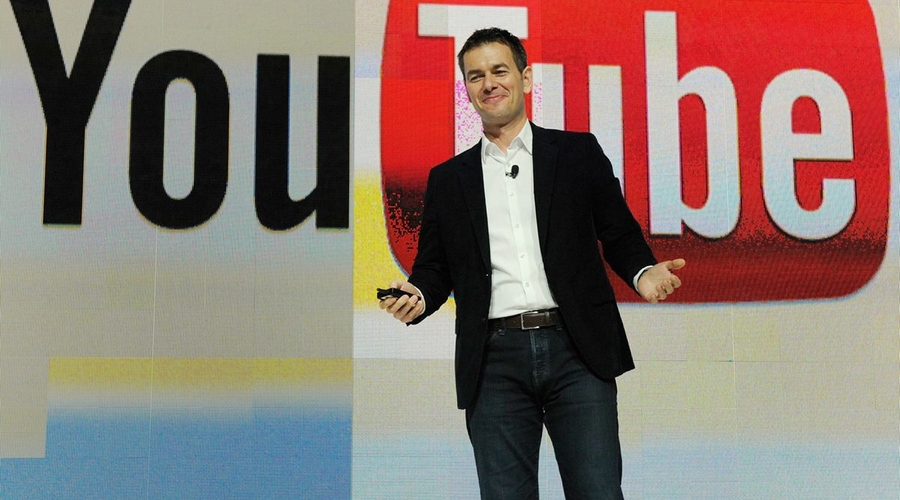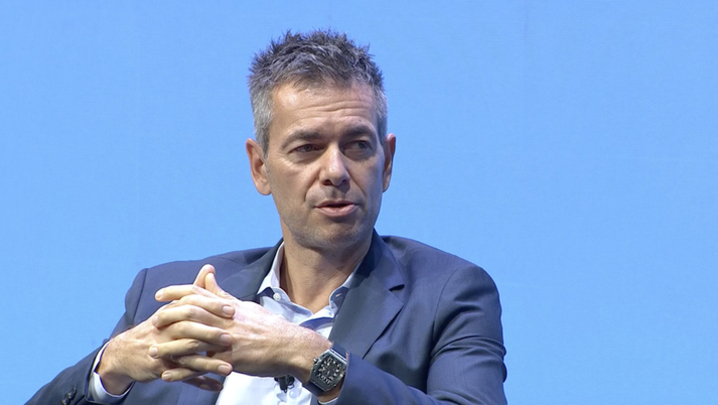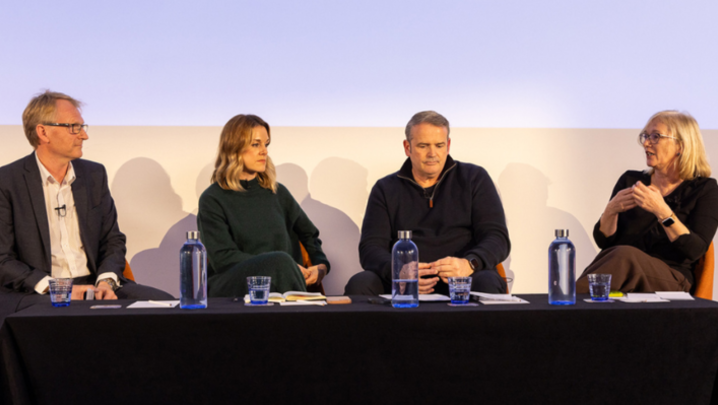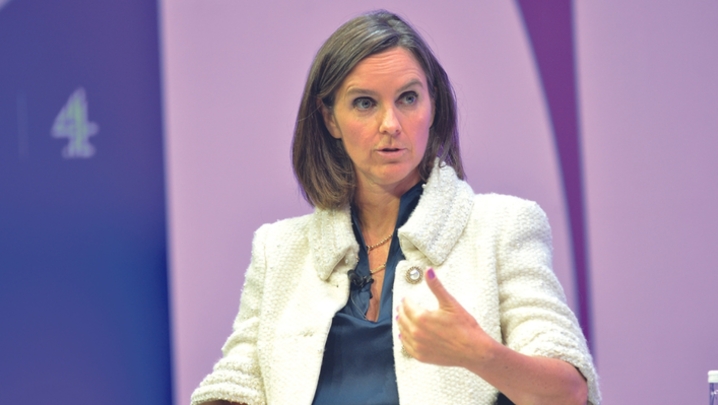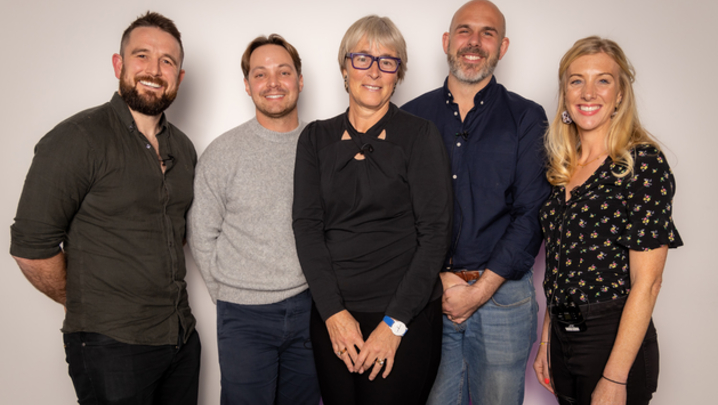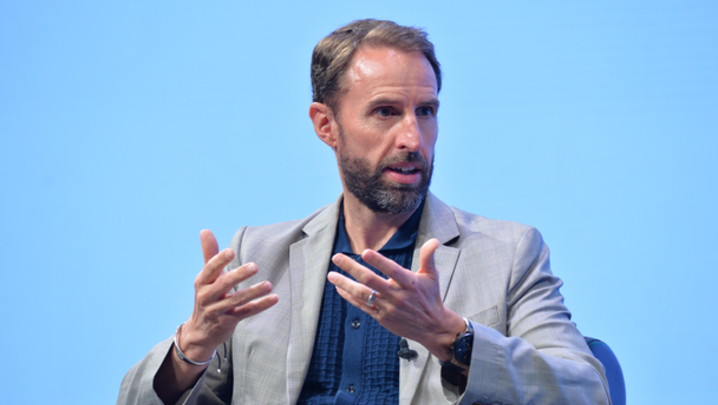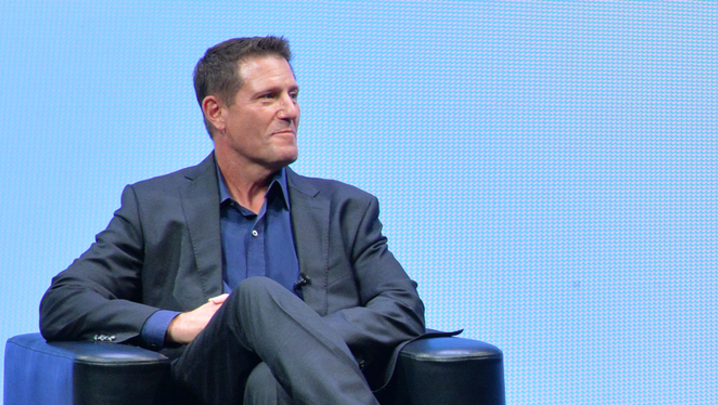YouTube’s Robert Kyncl never stands still, finds Caroline Frost, as she charts his life from professional cross-country skier to tech pioneer.
Los Angeles theatregoers may think they’re dreaming when they turn up to a brand-new venue in Inglewood, in the heart of the city, and spot a familiar symbol on its façade – the bright red play sign of its owner, YouTube.
Why would the world’s most-viewed website, and a celebrated pioneer in disruptive digital content, want to invest in something as old-school as a live theatre?
This seemingly counter-intuitive move makes a lot of sense, however, to Robert Kyncl, YouTube’s chief business officer, who attended the theatre’s opening on 9 August. The 6,000-seat theatre, with its two interactive digital walls and facilities for e-sports, live-streamed events and personal appearances by YouTube’s ever-growing stable of stars, is the latest in Kyncl’s crusade to square the circle and transform YouTube into a beautifully curated platform for all our entertainment needs.
Kyncl oversees the channel’s global content, product partnerships and platform operations. He is navigating a course that tries to serve the kaleidoscopic throng of creators and users who upload a staggering 500 hours of new footage every minute, together with the disparate demands of a global audience that is estimated to watch a billion hours of video every single day.
These very Silicon Valley challenges are a world away from the circumstances into which Kyncl was born in Czechoslovakia, where he grew up in a mountain town. Available distractions were few and, as a youngster, he spent more hours on skis than in shoes, later describing the sport as less a hobby than a way of life. Indeed, he became so good that, before he was out of his teens, he had turned professional as a cross-country skier.
Things changed around him, though, and the fall of the Iron Curtain made Kyncl hunger for life beyond the mountains – and a career in American business. Having attended university in Prague, he moved to the US in 1992 to finish his degree in New York. He then studied for an MBA on the sunny campus of Pepperdine University in Malibu.
Like so many titans of Hollywood, Kyncl did his time in a talent agency, taking his first job as an assistant at J Michael Bloom and Associates in the mid-1990s. After a stint with a film financing company, by 1999, Kyncl was able to put his first big company on his CV: Time Warner, where he negotiated global distribution rights for HBO. He stayed there only a year before succumbing to the lure of dot-com mania and joining a technology start-up.
But it was at Netflix, from 2003, that Kyncl really made his mark. His role as vice-president for content was instrumental in transforming the DVD-by-post rental service into a world-leading internet-delivery system. Even more significantly, and offering a taste of what he would pull off more dramatically later in his career, he demonstrated his dealmaking prowess by knocking down the walls of Hollywood’s biggest studios and bringing them to Netflix’s table.
Just as Steve Jobs had previously successfully confounded record labels’ fears of music piracy and signed them up to Apple’s revolutionary iTunes, Kyncl proved an effective matchmaker between Netflix and suspicious film studios. The rewards for his efforts came in August 2010, when his company signed a reported $1bn deal with pay-TV company Epix.
The deal secured rights to movies from Paramount, Lionsgate and MGM – bringing an estimated 1,000 new titles to Netflix’s burgeoning menu and securing its enduring position as the frontrunner in the on-demand content market.
We already take the streaming of film and TV over the internet for granted, but Kyncl was key to making it happen. And he wasn’t finished.
In September 2010, only a month after the Epix deal was signed, he was on his way to YouTube to become its chief business officer. His task was to work out how to turn all those billions of consumer clicks into hard cash for Google, which had bought the video platform for $1.65bn back in 2006.
The answer, it seems, has been a three-pronged approach to curating the content according to its source: movies and TV shows; web original programming; and user-created content.
Making movies and TV shows accessible – sometimes for a fee, but not always – has seen Kyncl flexing his muscles in much the way as he did during his time at Netflix. At YouTube, he conducts what some describe as “shuttle diplomacy” between Silicon Valley and Hollywood, aimed at convincing old-school studio execs that it is worth their signatures to use YouTube as another outlet.
And, once again, he has been successful. In his first eight months at YouTube, Kyncl triumphed where others had failed, and reached deals with Warner, Universal and Sony that added 3,000 film titles to the platform’s on-demand rental service.
“We’ve gone from the platform that made them no money and they were suing, to the platform that is paying out massive amounts of money and lots of usage for them,” is how Kyncl describes it. Steve Jobs couldn’t have put it better.
YouTube’s second prong targets content creators, who have enjoyed the benefit of Kyncl’s transparent respect for disrupters of the entertainment ecosystem. Fifty per cent of YouTube’s entire offering now consists of hundreds of thousands of self-made YouTube stars teaching viewers everything from yoga to creating a flawless soufflé or guiding us through our iPhone settings.
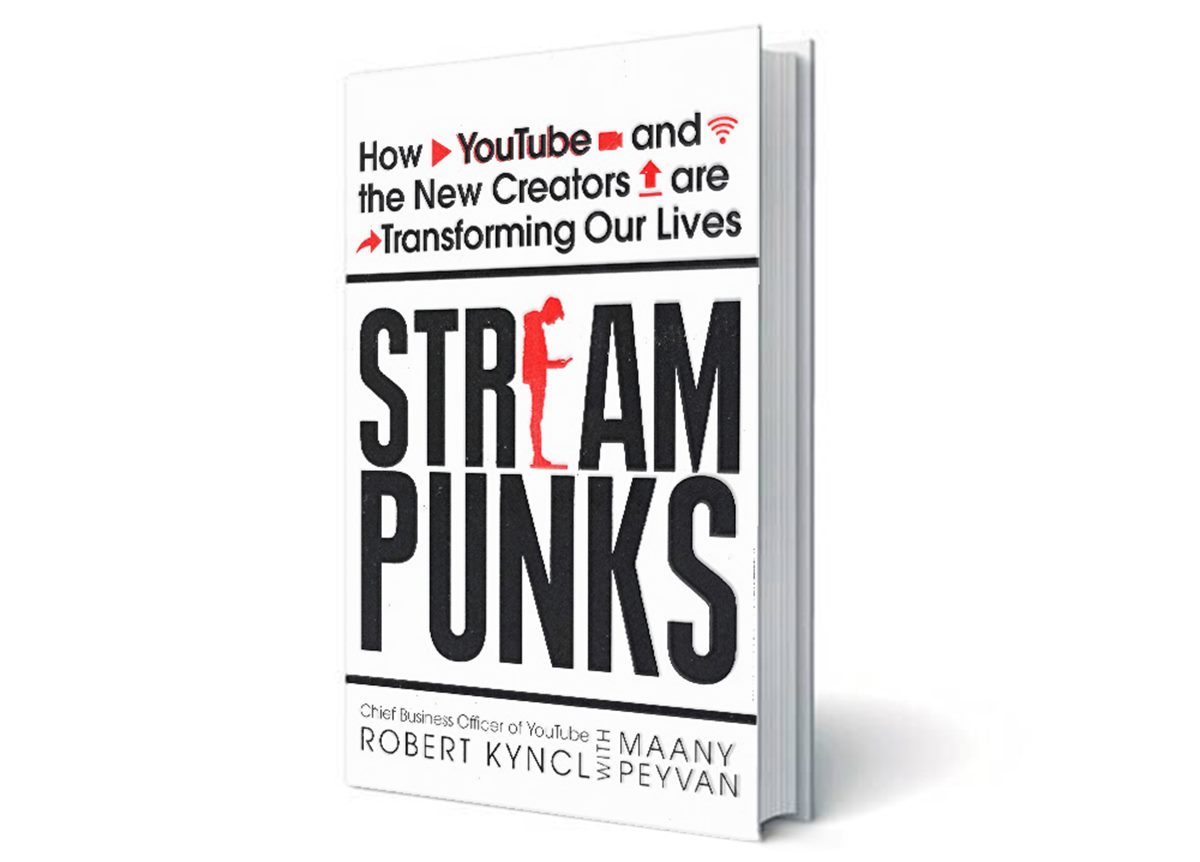
Kyncl has become a champion of this “creator economy”, giving regular shout-outs to his favourites on social media, and even finding the time to co-author two books on the subject of “streampunks” and how these media rebels are transforming all our lives.
His celebration of the “little guy” as a commercial mechanism finds equal force in his personal endeavours. A regular recipient of humanitarian awards, he runs a foundation with his wife, Luz, focused on supporting underserved communities, and he is a high-profile fundraiser for events in aid of the financially disadvantaged.
For the past decade, Kyncl has been a regular and rising entry in US power and influence lists released every year by publications such as Variety.
Meanwhile, YouTube’s increased focus on original programming has seen Kyncl and his team seeking to exploit the platform’s unmatched global reach. Their approach is not to compete with other providers, rather to complement traditional TV by reaching out to untapped, often niche, markets. An example is its Threadbanger channel for stylish DIY on a shoestring.
Kyncl makes no pretence of knowing it all and there have been aborted experiments and dramatic changes of direction along the way. For example, a paywall for original programming was swiftly taken down in favour of increased viewer numbers and advertising. Google continues to scratch its head when working out how best to monetise this extraordinary behemoth, which remains the world’s second most viewed website (after Google itself).
But there have also been extraordinary, unpredicted triumphs, with Kyncl once again playing a key role in a cultural revolution – the creation of new stars whose fortunes and fan followings would make a Marvel action hero weep.
Kevin Paffrath was a fairly standard real-estate broker in his twenties until he started posting a daily commentary video on YouTube, advising viewers on housing stocks and improvement grants. He now has 1.6 million followers, a fortune of over $10m and is running for Governor of California. He is doing well in the polls. If he wins, like so many other people, he will know he couldn’t have got there without the work of Robert Kyncl.
Robert Kyncl is an international keynote speaker at the RTS Cambridge Convention 2021.

